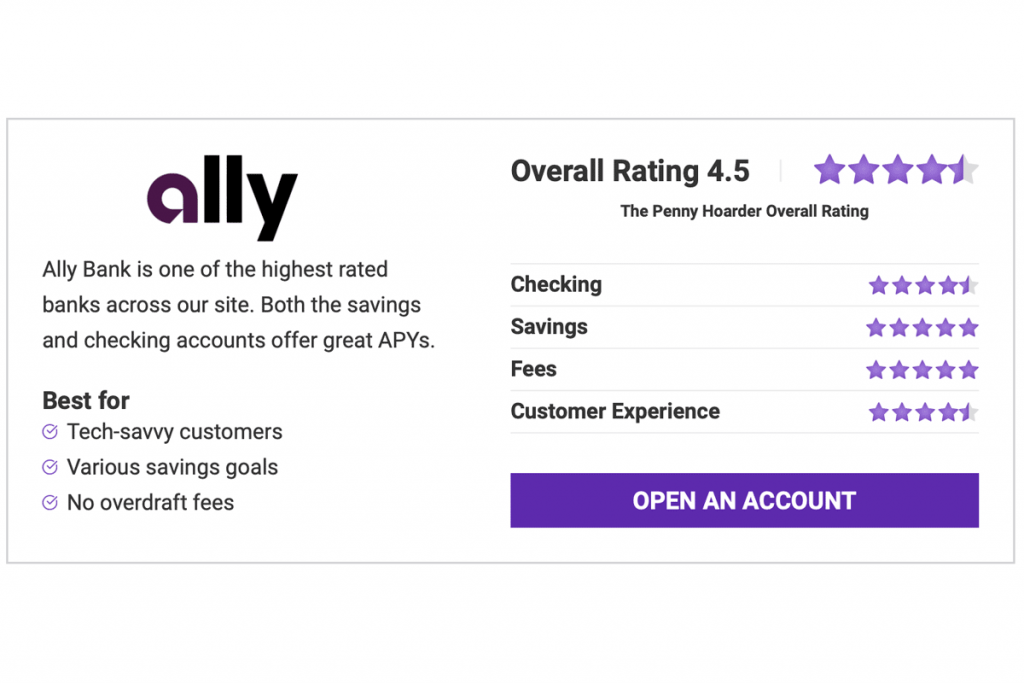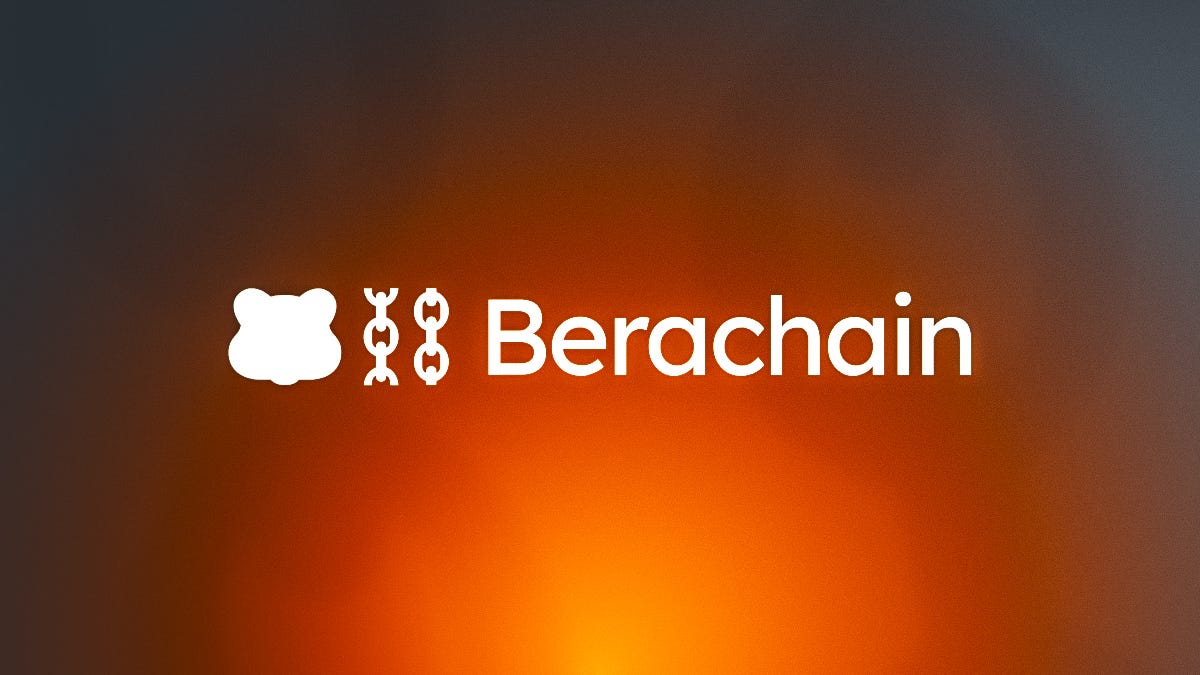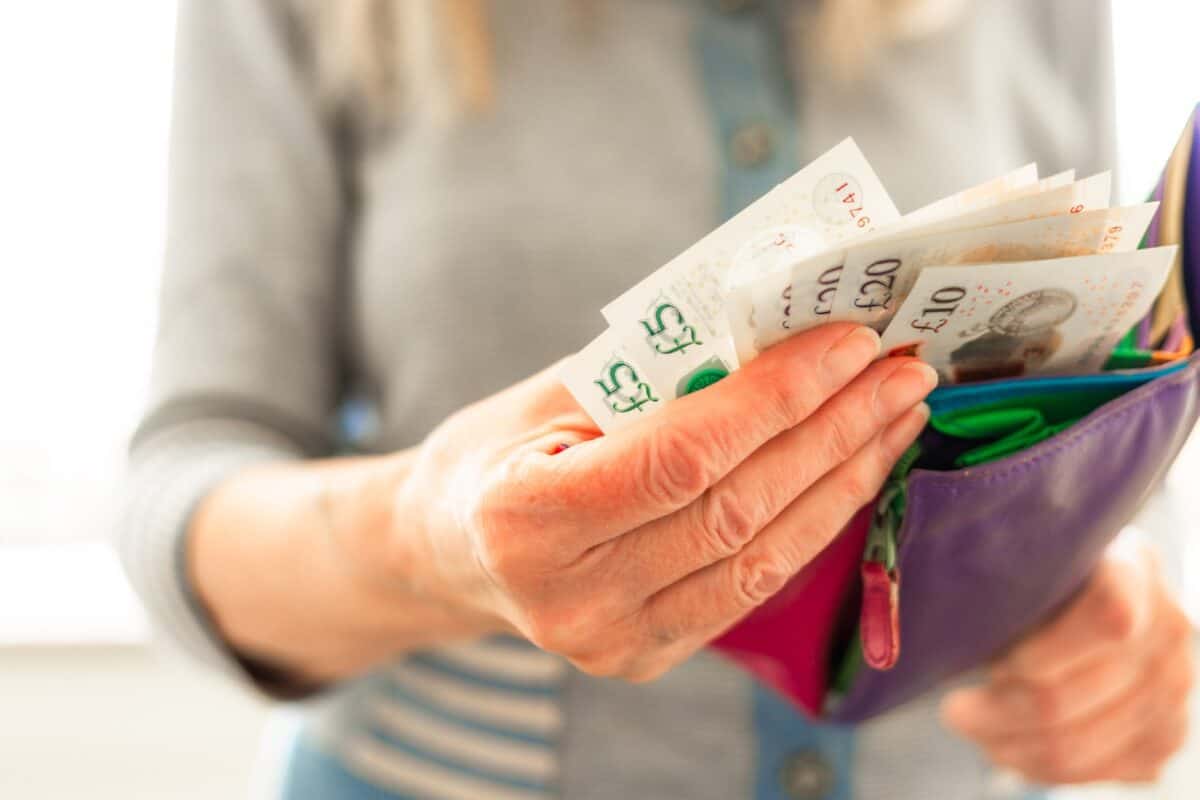Looking for ways to make money remotely? How about a side hustle that could turn into a full-time business?
You might want to consider reselling sneakers. Not used sneakers from the dark reaches of your closet, but new or gently used shoes that you buy for a bargain and then sell for more using handy apps.
How One Hustler Makes $100,000 Per Year Flipping Sneakers
Bryson Honjo is a sneaker reseller, owner of United Hawaii and star of a prospering YouTube channel that teaches viewers how to start reselling shoes. Honjo started his journey in the sneaker business in 2016, and now makes anywhere between $50,000 and $100,000 per year.
“I do attribute a lot of that to the fact that I have a social media presence,” says Honjo, referencing the higher end of his potential income bracket in any given year.
He says that while his social media presence makes selling easier, it’s not a mandatory requirement to succeed in the sneaker resell game. He has seen resellers make up to $50,000 per year by posting inventory exclusively on reselling apps. No YouTube channel required.
How to Get Started Reselling Shoes
The mechanics of making money in this niche are fairly simple, but that doesn’t necessarily mean it’s easy. You can’t come in with zero knowledge of the industry. To get started, you’ll need to learn about the product, how you’ll make money and how to anticipate overhead costs.
Here’s how the sneaker resale market works in a nutshell:
Sneakers are released in limited quantities. As a sneaker reseller, you can purchase shoes brand new directly from retailers or manufacturers at retail prices. Like-new and gently-used shoes can be thrifted or purchased on any number of apps. You might also be able to use these apps to find a good deal from another reseller on what’s known as the “aftermarket.”
After you’ve built your inventory, you sell your shoes directly to consumers at a markup.
Building Inventory
There was already an online presence for sneaker reselling prior to the pandemic, but in the past two years Honjo says that almost everything has moved online. As you build your inventory, he suggests looking to these retailer apps:
- Adidas
- Adidas Confirmed
- SNKRS (for Nike shoes)
“Oftentimes, obtaining sneakers direct from a retailer is the most difficult part of the process because the quantities are extremely limited and the demand is also very high,” explains Honjo.
He says to make things easier, you can look to these aftermarket apps:
- Goat
- Sneakercon
- StockX
- Ebay
After checking the aftermarket apps, he says you can also explore online sneaker shops, other resellers’ Instagram pages, Facebook groups and Reddit to find additional inventory.
“Personally, I think the Goat app is the best app on the market for reselling sneakers,” Honjo says.
He uses Goat as his buying and selling platform, on top of using it as a pricing guide to make sure his listings are competitive. He also notes that it’s also one of the “safer” apps when it comes to product authenticity.
Sneaker Reselling: Volume is King
When you’re starting, you don’t need to buy the most expensive sneakers on the market. In fact, what you should be looking for isn’t necessarily the most expensive sneaker; instead, you should be looking for the sneaker with the highest return on investment.
“Volume is king in the sneaker game,” says Honjo. “I’ve seen many successful resellers completely bypass the expensive, hype sneakers and go straight to the Nike outlets to find cheaper shoes that they can resell for a higher profit.”
He notes that not every shoe will go for a profit, though. It’s helpful to cross reference any prices you see at an outlet or retailer with an app like Goat. That way you can see what the shoe is reselling for in real time, estimating your potential profit margins.
Shoes to Buy: Best and Worst Returns
Let’s say you have $100, and you’re looking for a pair of shoes with a decent return on investment. You’re not going to be able to afford the hottest shoes on the market, but there are other routes you can take.
Honjo says Jordan 1 Highs reliably turn a good profit, as do Adidas Ultraboosts. Either pair could potentially come in under $100 at retail. He recommends staying away from brands like Vans or Under Armour as they don’t have the same resale value as a pair of Nike or Adidas shoes.
Adidas’ Yeezy is another incredibly popular shoe brand you might think would be great for resale. But Honjo says the market has become oversaturated, making the potential profit before overhead costs about $30 per pair.
However, if you hold onto your inventory for a while, Yeezys can become more valuable over time. Honjo estimates that if you hold onto a new pair of Yeezys for at least 12 months, you could see the sneaker resale profits creep up to anywhere from $60 to $100 per pair.
Calculating Overhead Costs
Thirty dollars in profit on a new pair of Yeezys might not sound bad. But you don’t get to keep all $30 when you’re reselling sneakers.
First, you will have to pay fees to the apps. These fees aren’t huge, but they do eat away at your profit margin. This is especially noticeable when your profit margin is small.
Then, make sure to account for the costs of shipping. That’s not just postage. It’s also boxes, tape, packaging materials and any gas you may need to use going back and forth to the post office – if the post office doesn’t do pick-ups in your area.
You can recoup some of these costs by charging higher shipping fees. But if they’re dramatically higher than your competition, the consumer will notice.
On top of that, your side hustle is subject to income taxes. Honjo says he sets aside about 20% to 25% of his reselling profit for federal, state and local income taxes.
“You really want to keep accurate books when you are doing high volume,” he explains. “This will save you tons of stress when tax season comes around.”
Finding Customers
You’ve built your inventory, considered potential profit margins and accounted for your overhead costs. Now that you have your sneakers, how will you find customers?
Honjo’s No. 1 tip for reselling sneakers is to be active in your digital community. This is particularly true if you’re using social media to promote your business.
Whether it’s Facebook, Instagram or Youtube, commenting, posting and engaging will help build your reputation. Not every interaction has to be about securing a sale – those will come once you’ve established yourself as an authority in the sneaker resale market.
Of course, you don’t need to become an influencer to become a sneaker reselling entrepreneur.
“If you are just starting off, reselling platforms like Ebay and Goat have enough of a customer base where you really don’t need a social media presence,” says Honjo. “Your sneakers will still sell regardless. It just might take a bit longer.”
Is Becoming a Sneaker Reseller the Right Side Hustle for Me?
If you’re a self-driven entrepreneur, you can make good money selling sneakers. Possibly even enough money to replace your 9-to-5 income if you hustle hard enough.
If you’re going to build a business, it’s easier to put in the work if it’s something you’re passionate about. If you enjoy sneakers as a fashion statement or consider yourself a sneakerhead, this side hustle could be a particularly good fit.
It can also be ideal for those who might already know they enjoy collectible industries. Even if the product is different, the experience of the work is similar. It’s that same thrill from searching for a great deal, getting your hands on it and then raking in the profit.
Pittsburgh-based writer Brynne Conroy is the founder of the Femme Frugality blog and the author of “The Feminist Financial Handbook.” She is a regular contributor to The Penny Hoarder.
Credit: Source link














